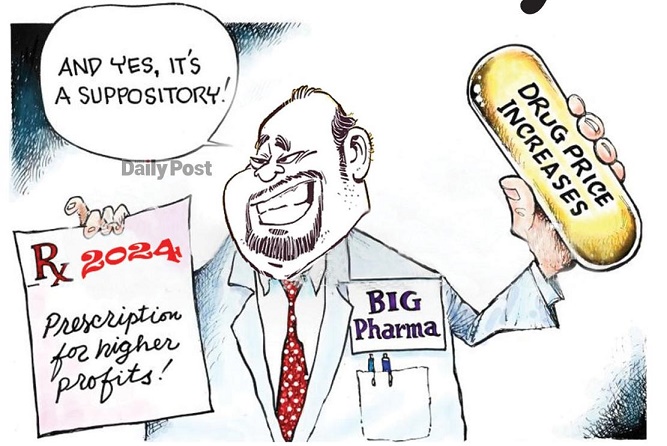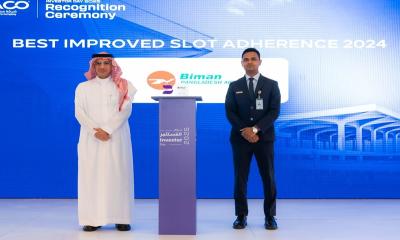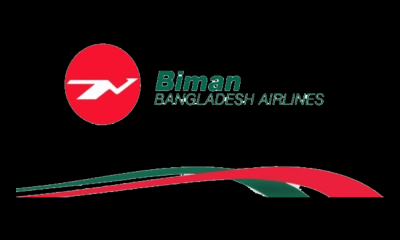The price of medicines has increased by showing various excuses including devaluation of taka with dollar, dollar crisis, production cost, packaging price and transportation cost.
However, the value of the dollar has been stable in the country for more than three months. Yet the cost of life-saving drugs is only increasing.
The information was found after visiting several pharmacies in Jatrabari, Mitford, Bangshal, Nazirabazar, Dhaka Medical College Hospital area, Shahbagh, Mohammadpur, Shyamoli and different neighborhoods in the capital in the last one week and talking to buyers.
Raqib is a resident of jatrabari. Last month, he bought Square Pharmaceuticals' painkiller Terax 10 for Tk 12 each for his elder brother, who was injured in a road accident. When he went to buy another four days of medicine this month, the same medicine has now increased by Tk 8 to Tk 20. Terax 10 is mainly used for moderate to severe post-surgery pain. The price of a box of 50 pieces of medicine has reached Tk 600 to Tk 1,000 in a span of a month. In a short span of time, the patient has to buy Tk 400 more. As a percentage, the price has increased by about 40 percent.
Not just one medicine, the price of a 30 ml bottle of Tetrasol 25% solution used in the treatment of itching or scabies of ACI was Tk 68, which has now increased to Tk 125. Prices rose 83.82 percent. The price of a 3ml bottle of Windle Glass Respirator Solution used for Incepter asthma has been increased from Tk 20 to Tk 25. Prices are up 25 percent. The price of Boutique Nebulizer Suspension Budesonide 2ml used for asthma or breathing problems of the same company has been increased from Tk 40 to Tk 45. Prices rose 12.5 percent.
International Agencies (BD) Limited has increased the price of Humulin N injection 3ml Kwikpen 5 pack from Tk 3,500 to Tk 3,600. That's up about 3 percent. The price of Humulin R 3ml Kwikpen has been increased from Tk 850 to Tk 890 for the treatment of diabetic patients of the same company. Prices are up about 5 percent. The price of Opsonin Pharma's gastric tablet Phoenix 20mg has been increased from Tk 7 to Tk 8 per piece. Prices rose 14.29 percent. The price of Biopharma tablets Neurop Vitamin B1, B6 and B12 has been increased from Tk 6 to Tk 8 per piece. The price of 10 tablets has been increased from Tk 60 to Tk 80. Prices rose 33.33 percent.
One strip (30) of Caversil 4 mg tablets used in the treatment of high blood pressure is being sold at Tk 550. Baizoran 5/20 (60 piece box) tablet was Tk 300 a few days ago. Now it is being charged Tk 360. Baizoran 5/40 box was Tk 550, now it is being taken Tk 600. Fever-cold H syrup was Tk 25. It has been increased to Tk 35. The price of napa syrup has also been increased in a similar way. The price of common medicines like napa has also been increased from Tk 10 to Tk 12 and napa extend from Tk 1.50 to Tk 2 per tablet.
The price of antibiotics is also going on. The price of Cefaclav 500 mg of each medicine has been increased from Tk 50 to Tk 60. The price of one piece of medicine has been increased by Tk 10. A patient has to pay more than Tk 500 more than before to complete a course of antibiotics. The price of vitamin tablets has also been increased. The price of 30 tablets has been increased from Tk 230 to Tk 360.
The cost of medicines for each patient, including pressure and diabetes, has increased by Tk 4,000 to Tk 5,000 per month. Drug buyers complain that the prices of medicines are being increased as they wish in the essential market.
Officials of the Directorate General of Drug Administration (DGDA) have also acknowledged the increase in the prices of medicines. According to them, the prices of conventional medicines of different companies have been adjusted. The price of many of the companies was relatively low. Adjustments have been made there. However, this price increase has not been increased by more than five to 10 percent.
Wholesalers and retailers complain that the government has no role in fixing the prices of medicines. In this opportunity, the price increases as it is. Due to the increase in prices, the shopkeepers are also embarrassed. Many times they have to argue with buyers about the price.
Kamal Ahmed, proprietor of Cure Pharmacy in kazla area, said the prices of some medicines have increased even in the current situation in the country. But now the price is increasing a little less. Many times we have to explain to the customers due to the increase in prices. Thousands of questions have to be faced to sell medicines.
According to the Directorate General of Drug Administration, more than 27,000 brands of more than 1,500 essential drugs are being produced in the country. Of these, the government fixed the maximum retail price of only 117 medicines. The price of all other drugs is determined by the manufacturing companies themselves. However, he is not on the list of daily medicines like gastric, heart disease or diabetes. And by using this opportunity, pharmaceutical companies are making profits as they wish. Therefore, public health experts have suggested that the new government should focus on controlling the prices of medicines.
Public health expert and professor of the Institute of Health Economics of Dhaka University, Dr Syed Abdul Hamid said medicines are commercial products. Prices will naturally rise. Not only medicines, but the prices of everything have gone up. But the question is how logically the price has increased. Medicine is not like rice-pulses that can be bought by buying the low-priced one or eating a small amount without buying the high-priced one. The patient should eat as the doctor prescribes. Therefore, the government should intervene in the price of all life-saving medicines by keeping them on the essential list.
"The kind of surveillance needed to control the prices of medicines is not there in our country. In the absence of this, companies are increasing prices through various loopholes in the law. But in different countries of the world, including India, there is a different management or authority to determine the price of medicines. They decide what the drug costs. But there is an exception in our country. It's all drug administration. Increased prices can be controlled by reducing commission-trading and drug advertising costs to keep the price of medicines within the purchasing power of the people. The prices of all types of medicines should be fixed on the basis of the formula set by the government. For this, some effective steps should be taken, including increasing strict surveillance.
Director of the Department of Drug Administration, Md. Ashraf Hossain said, recently the prices of some medicines have been allowed to increase. However, the opportunity to increase more than the maximum price was not given. Suppose a medicine of Beximco costs Tk 8. Another company has the same drug priced at Tk 5. They have applied, we are not able to meet the expenses. Give us at least Tk 6. It may be so. But we have not allowed anyone to increase the price of the same class of drugs at a higher price than what is prevalent in the market. Suppose Aristopharma Ltd has a medicine for Tk 6. Using the same ingredient, another company is selling it at Tk 4. Now if he proposes to increase the price, we are bound to approve the proposal to increase him by Tk one. The price has just been adjusted. We have increased it by 5 to 10 percent based on the proposal. I did not agree to increase it.
ZH






